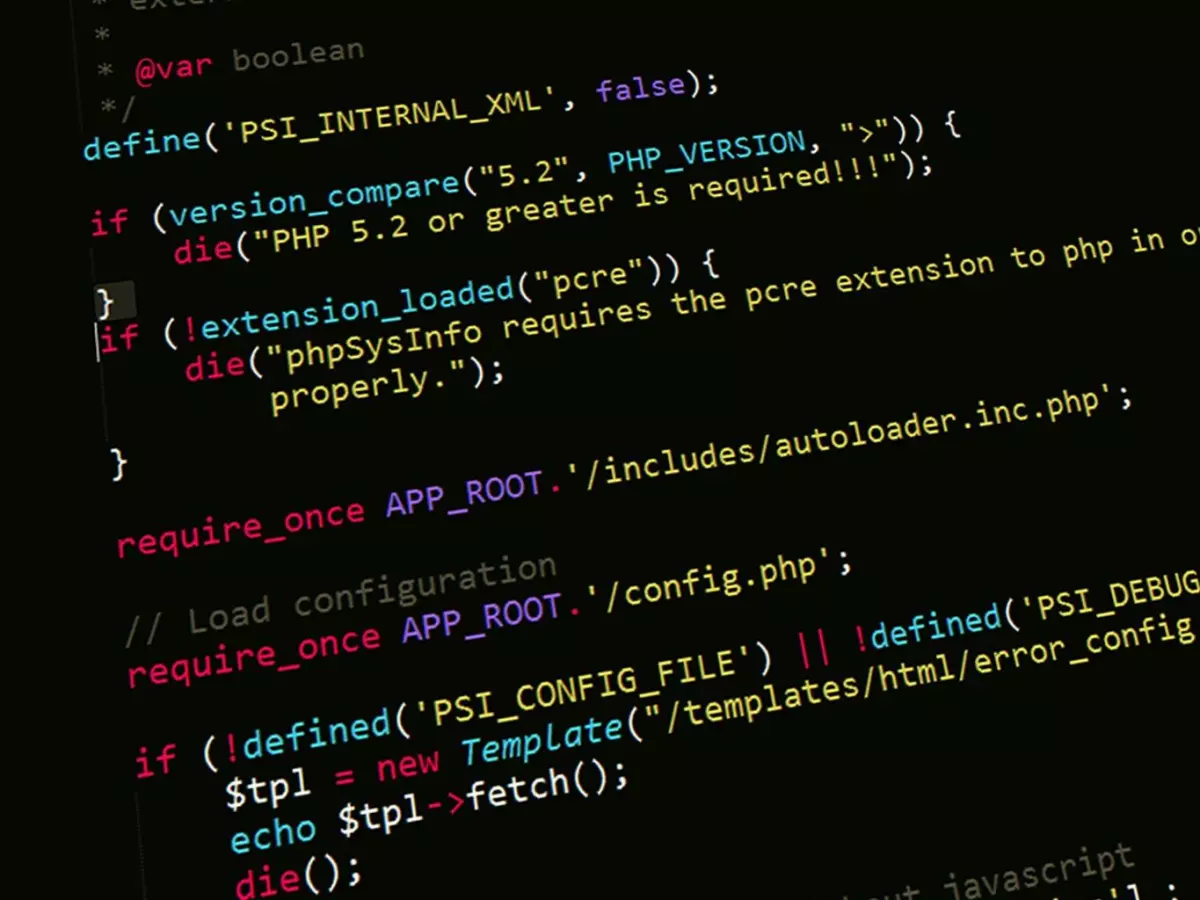Code Comments: Friend or Foe?
Here's a hot take: Most developers think code comments are an afterthought, a nice-to-have, or even worse, a waste of time. But what if I told you that your approach to comments could be the very thing holding back your software?

By Alex Rivera
Code comments have always been a divisive topic in the software development world. Some swear by them, while others argue that clean, self-explanatory code should render comments unnecessary. The truth? It’s somewhere in the middle, but probably not where you think.
Let’s debunk the myth right off the bat: Code comments are not just for beginners. In fact, they’re a critical tool for any developer, regardless of experience. The misconception that only junior developers need to comment their code is not only wrong—it’s dangerous. Why? Because it leads to a culture where comments are seen as optional, and that’s a slippery slope to chaos.
Think about it. You’ve probably inherited someone else’s code at some point in your career. How often did you find yourself staring at a block of code, trying to decipher its purpose like it’s some ancient hieroglyph? Now imagine if that same code had clear, concise comments explaining the logic. You’d save hours, if not days, of frustration.
Here’s the kicker: Comments aren’t just for others—they’re for you, too. You might think you’ll remember why you wrote that complex algorithm six months from now, but trust me, you won’t. Future-you will thank past-you for leaving breadcrumbs in the form of comments.
When Comments Go Wrong
Of course, not all comments are created equal. There’s a fine line between helpful comments and noise. We’ve all seen the infamous “// increment i by 1” type of comment. These are the kinds of comments that give the whole practice a bad name. If your comment is just restating what the code is doing, it’s useless. The goal is to explain why the code is doing what it’s doing, not what it’s doing.
Another common pitfall is outdated comments. Code evolves, but comments often don’t. When a comment no longer reflects the code it’s describing, it becomes a liability. Suddenly, you’re not just dealing with confusing code—you’re dealing with misleading documentation. That’s why it’s crucial to treat comments as part of the codebase itself. If you’re refactoring code, update the comments. Simple as that.
The Balance Between Clean Code and Comments
Now, I know what some of you are thinking: “But isn’t the goal to write code that’s so clean, it doesn’t need comments?” And yes, that’s a noble goal. But let’s be real—no matter how clean your code is, there will always be edge cases, complex logic, or business rules that aren’t immediately obvious. That’s where comments come in.
Think of comments as the narrative to your code’s story. The code is the plot, but the comments provide the context. Without that context, even the cleanest code can be confusing. And let’s face it, no one writes perfect code all the time. Comments are your safety net.
That said, there’s definitely a balance to strike. You don’t want to over-comment your code to the point where it becomes cluttered. The key is to comment where it adds value. If the code is self-explanatory, great—no need for a comment. But if there’s something non-obvious going on, that’s your cue to leave a note.
How to Write Killer Comments
So, how do you write comments that are actually useful? Here are a few tips:
- Be concise but clear. No one wants to read a novel in your code. Keep it short, but make sure it explains the why, not just the what.
- Focus on intent. What’s the purpose of this block of code? What problem is it solving? That’s what your comment should address.
- Update your comments. If the code changes, the comments should change too. Outdated comments are worse than no comments at all.
- Avoid obvious comments. Don’t waste time stating the obvious. If the code is simple and self-explanatory, let it speak for itself.
Remember, comments are a tool, not a crutch. They should enhance the code, not distract from it.
Why This Matters for Teams
In a team setting, comments are even more crucial. When multiple developers are working on the same codebase, clear communication is key. Comments act as a form of documentation that helps everyone stay on the same page. Without them, you’re asking for misunderstandings, bugs, and a whole lot of wasted time.
And it’s not just about the present. Think long-term. Codebases often outlive their original developers. If you’re not leaving comments, you’re setting up future developers (or even future-you) for a world of hurt. Comments are like a time capsule, preserving the thought process behind the code for whoever comes next.
Final Thoughts
So, are code comments a friend or foe? The answer is: they’re both, depending on how you use them. When done right, comments can be a lifesaver, providing clarity and context in an otherwise confusing sea of code. But when done poorly, they can be a hindrance, adding noise and confusion.
The next time you sit down to write code, don’t just think about the immediate task at hand. Think about the future—your future self, your teammates, and the developers who will inherit your code. A well-placed comment could make all the difference.





